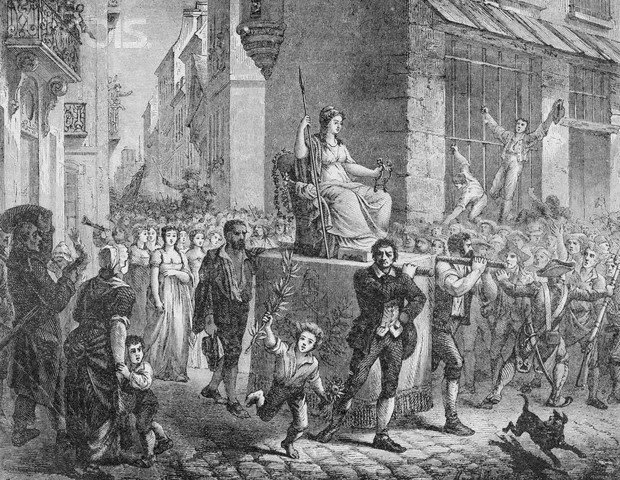Now, Michael Shermer is not the sort of person one takes seriously, in any case; but this is a good brief description of a very typical tactic:
It seems that Shermer seriously believes that rational thought was nonexistent, or at least extremely rare, before the Enlightenment. One would think that an author so insistent on rational evaluation would offer some defense of such a bold assertion, but there is none.
So if science and reason advance moral progress, what place does religion have? None, according to Shermer, who dedicates a whole chapter to defending the thesis that religion not only does not drive moral progress forward, but cannot. While Jesus may have said a few nice things, Christianity (which is the only religion that Shermer treats in this chapter) is fundamentally xenophobic and misogynistic. To defend these claims, Shermer mostly draws on cherry-picked passages[….] Shermer does not consider any such counterarguments; evidently, mere assertion is permissible in post-Enlightenment times, so long as the assertions concern religion.
After this, Shermer aims to show that the world is becoming more moral, thanks to the application of Enlightenment philosophy. But of course, for Shermer, “more moral” simply means “in better accord with Enlightenment philosophy.”
(source: An Exercise in Begging the Question)
